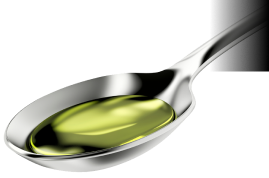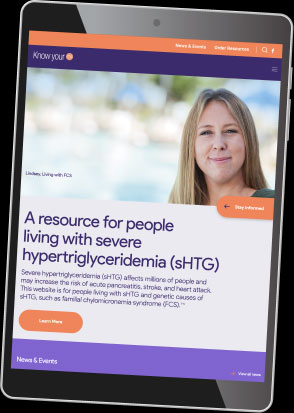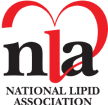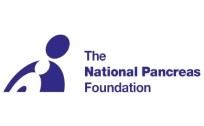Managing familial chylomicronemia syndrome (FCS) requires a focus on low-fat nutrition
Dietary fat restriction has been the cornerstone of FCS management. Patients are advised to limit dietary fat intake to less than 15–20 g/day (approximately 1 tablespoon of olive oil) or less than 10–15% of total daily caloric intake.34
People with FCS should also avoid drinking alcohol and limit consumption of simple carbohydrates.
Adhering to such a diet is very difficult for many patients, but extensive practical suggestions are available.

Referring patients to a registered dietitian nutritionist (RDN) with an understanding of FCS is often a critical aspect of managing the condition.
KnowYourTGs.com: Built for patients
We’ve created a patient-friendly site packed with FCS nutritional guidelines and recipes to help your patients take a proactive role in managing their condition. Why not share it with your patients who have FCS today? Topics include:
- How to work with a registered dietitian nutritionist (RDN)
- Fact sheets about nutrition, cooking, reading food labels, and related topics
- Information about specific dietary fats, such as the role of medium-chain triglycerides (MCTs)
- Resources for tracking daily fat consumption
- A free Patient Guide to FCS
Low-fat Recipes

Additional nutrition support details

Further reading
Williams L, Rhodes KS, Karmally W, Welstead LA, Alexander L, Sutton L. Familial chylomicronemia syndrome: Bringing to life dietary recommendations throughout the life span. J Clin Lipidol. 2018;12(4):908-19.




